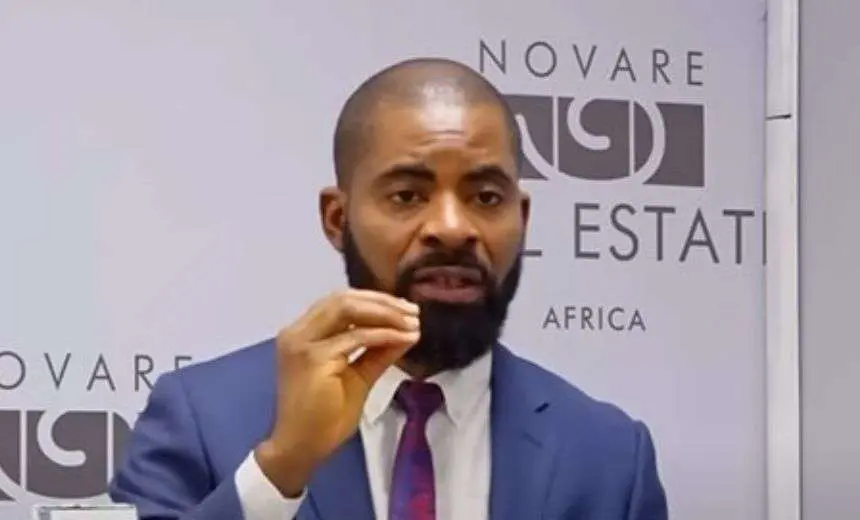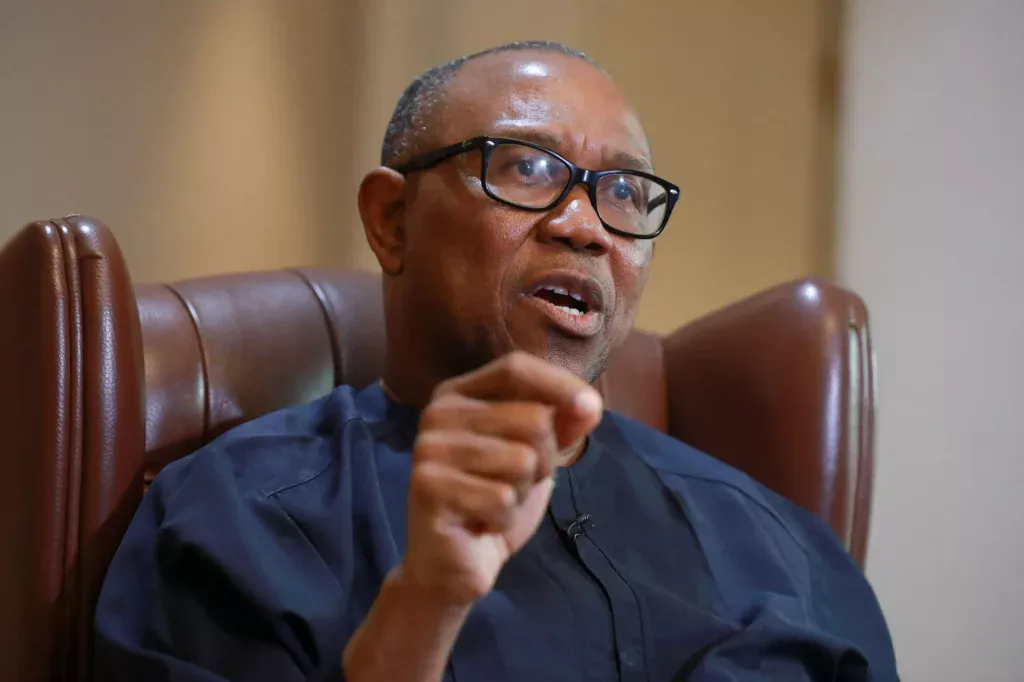The government of Osun State in southwestern Nigeria has faced pushback for its decision to eliminate discretionary “security vote” spending, according to Governor Ademola Adeleke. In a statement released by spokesperson Olawale Rasheed, the governor detailed his administration’s strict adherence to transparent budgeting for security expenditures, despite encountering resistance from unnamed critics.
Adeleke asserted that Osun State no longer uses loosely regulated security votes—a common but controversial practice in Nigerian governance where officials allocate funds for security needs without public oversight. “Under my watch, we don’t operate security votes the way Nigerians understand it,” he said. “I face resistance over the policy but stick to it even at great cost.” Instead, all security-related expenses are processed through formal channels, including documented approvals and compliance with public finance laws. These costs cover operational aid for security agencies, interventions in communal conflicts, peace-building initiatives, and funding for Amotekun, the regional security force active in Nigeria’s southwest.
The governor clarified that every expenditure requires standardized governmental procedures, such as formal memos and payment protocols, to ensure accountability. He framed the policy shift as part of broader fiscal reforms to redirect resources toward infrastructure, healthcare, and agricultural development. “Osun needs every kobo [Nigeria’s smallest currency unit] to address its developmental challenges,” Adeleke emphasized, noting that both federal revenue allocations and internally generated income are prioritized for public projects.
Adeleke added that his administration balances investments in physical infrastructure with commitments to human welfare, including timely salary and pension payments, as well as settling outstanding debts. To manage fluctuating finances, the state established a dedicated account to reserve unexpected windfalls from the Federation Account Allocation Committee (FAAC), Nigeria’s federal revenue distribution body. These savings, he explained, act as a “shock absorber” to ensure ongoing projects are completed despite fiscal uncertainties.
Addressing recent controversies over withheld local government funds—a systemic challenge in Nigeria’s federal structure—the governor expressed confidence in resolving the issue. He reassured residents and stakeholders that his government remains focused on advancing both social programs and infrastructure upgrades within set timelines.
The decision to abolish security votes aligns with growing calls across Nigeria for greater transparency in public spending, particularly as states grapple with economic pressures and citizen demands for improved services. Osun’s approach offers a case study in balancing accountability with security needs, though Adeleke’s acknowledgment of resistance underscores the entrenched challenges of reforming budgetary norms.



